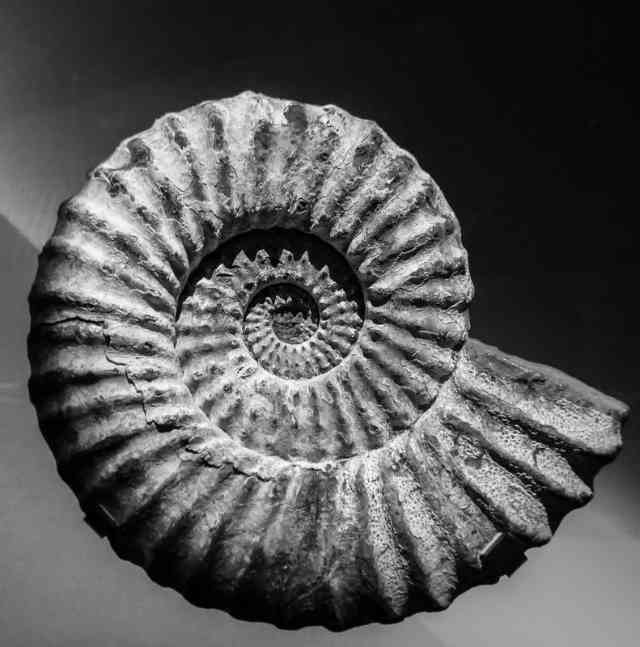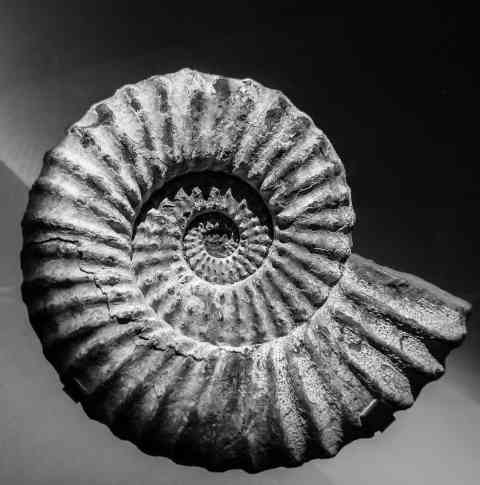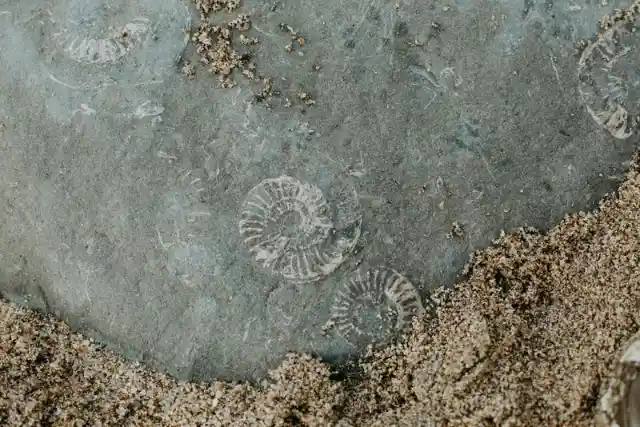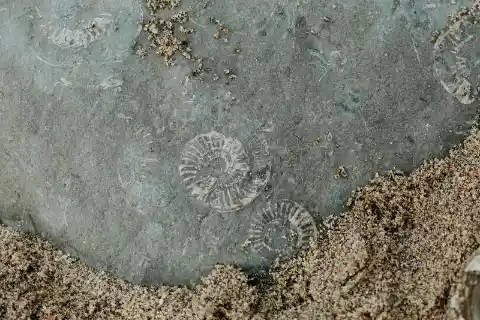The history of our world is a deeply intriguing and mysterious part of the planet. We are still finding out facts about our world, and large parts of this learning come from the discovery of fossils. Fossils are a major in historical and natural education. However, there are some things about fossils that the average person might not know that would likely shock them. Interested? Then read on to find some cool fossil facts!


Fossil is a term that hails from Latin
The word fossil is not something that we often appreciate where it came from. The term itself appears to be a derivative of the Latin word “fossus”, which means “dug up” – which is more or less how every fossil is actually found in the first place. Indeed, back in the 1700s, it was a term that meant “stored” or “kept remnants”.
Fossils are not only made of bone alone
Most assume fossils only come in one material – bone. That is not the case. Fossils are found made from all manner of different substances. Indeed, materials that come from rock – rock that is shaped just like the original object – are surprisingly common. So, too, are fossils made from waste produce – yes, include feces – so there is far more to fossils than simply being the bones of something that was once alive.


Fossils can be found in numerous places
Most of us assume that fossils are simply found in specific and limited locations. Across our entire planet, though, we have found fossils high and low. We have found them in everything from the ocean to the depths of the land to up at the top of Mount Everest itself!
Fossils are a numerous, varied discovery and come in all shapes, sizes, and, yes, locations.
Fossils are extremely rare
We assume that with so many fossil discoveries they must actually be pretty commonplace. However, that is not the case – fossils are extremely rare relative to the number of living creatures that exist at any one time. The actual process of fossilization, though, is an extremely rare process. For something to fossilize, it has to be buried quickly so that oxygen cannot break down and degrade the remains.